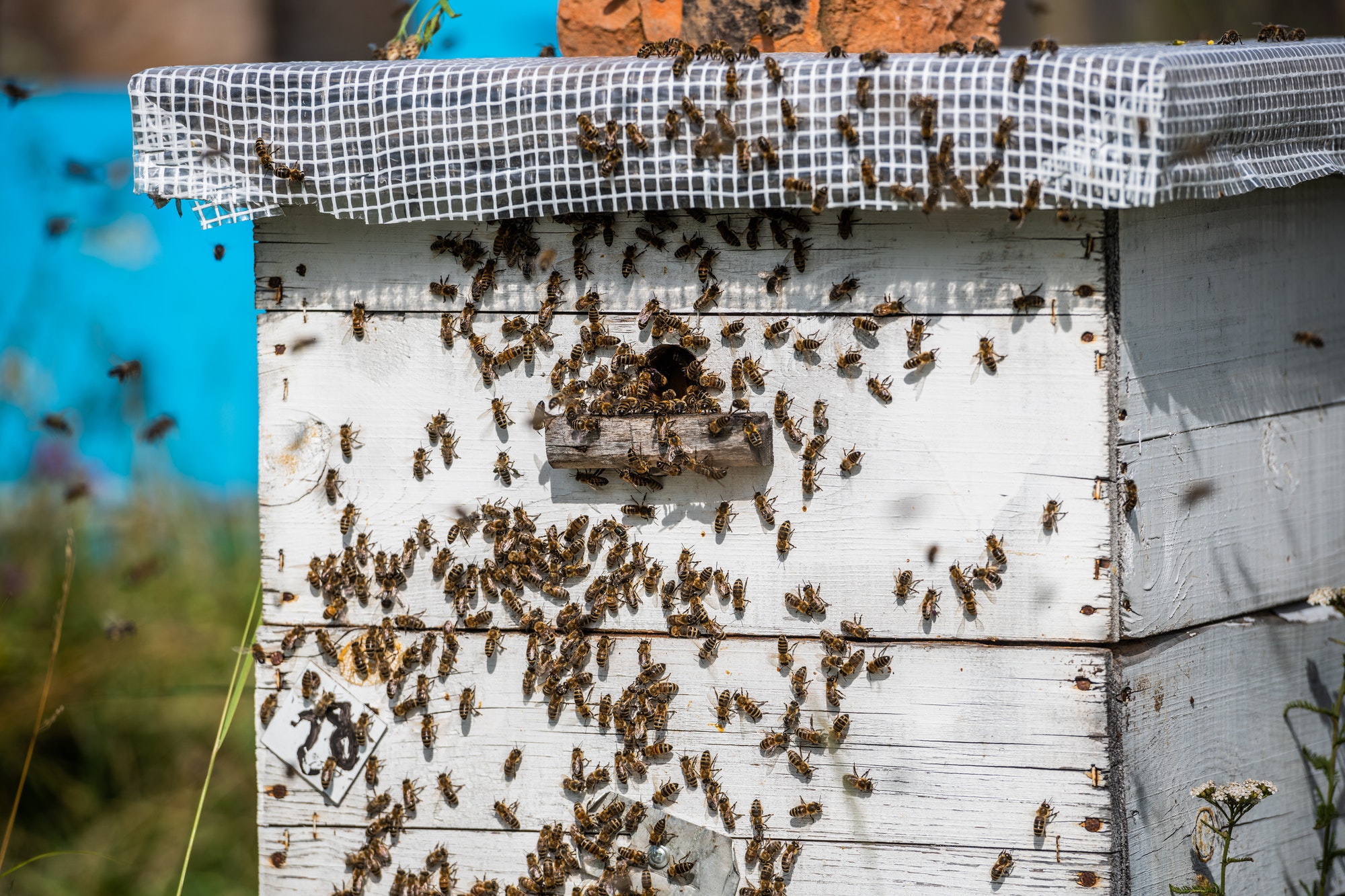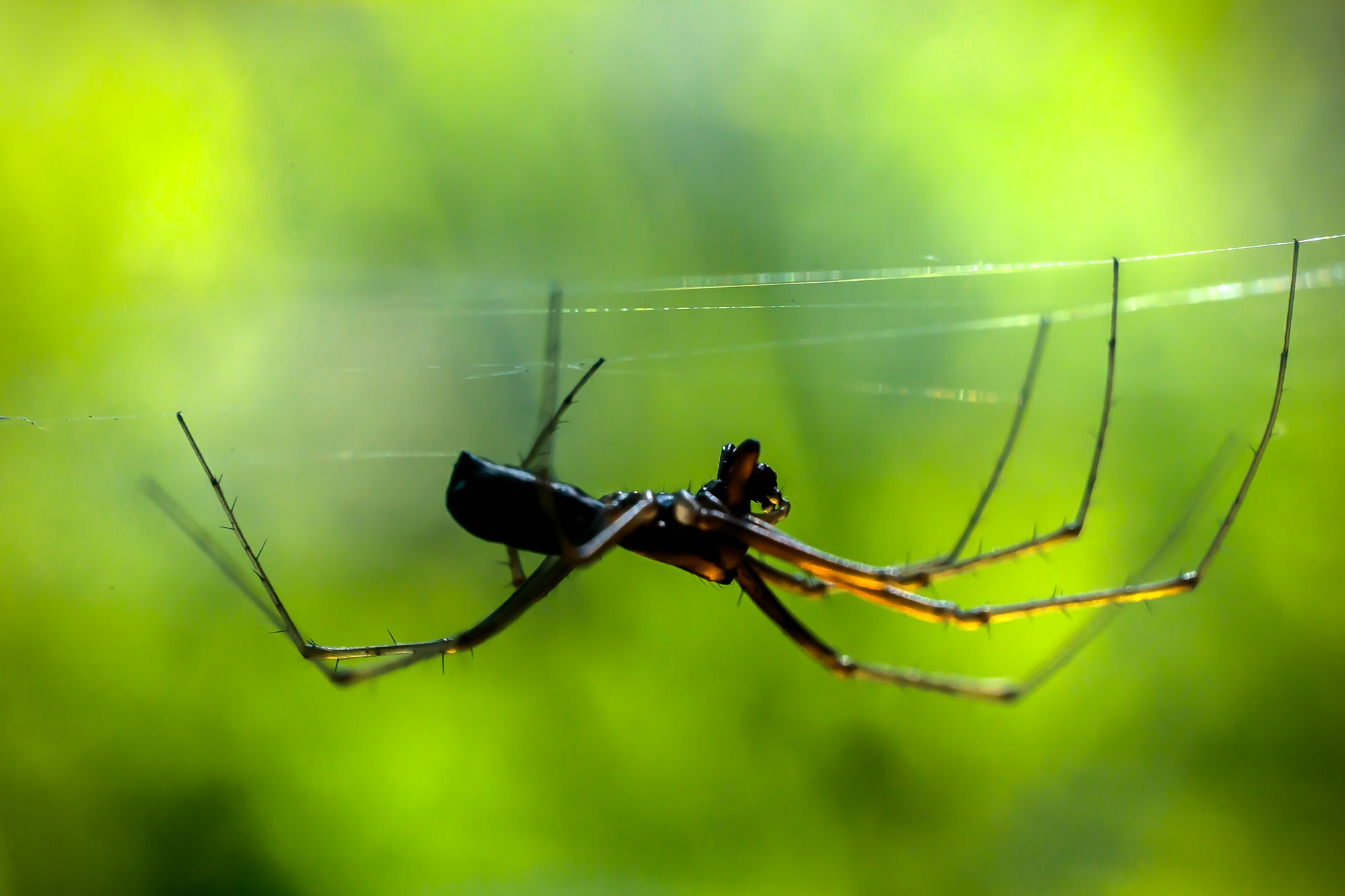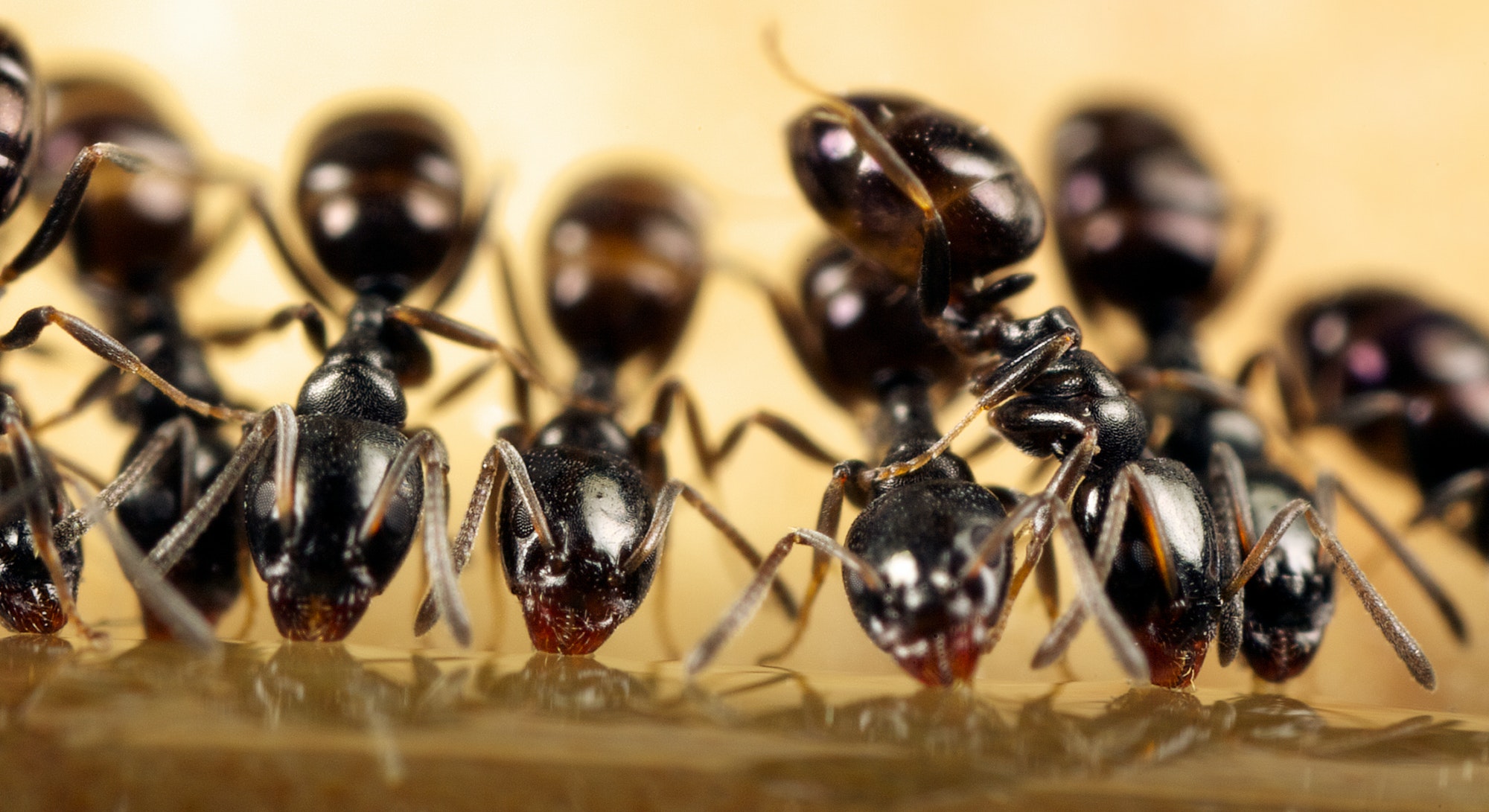Why Bees Are Important For The Ecosystem?
Bees are essential to the survival of the human race, without them, we would not survive. This statement may seem extreme, but the value of bees cannot be understated. The flying, buzzing, and stinging infamy of bees are more than just another insect, they are the workers that carry the weight of continuing the survival and prosperity of our ecosystems and environments.
At least 90% of the world’s plants rely on the cross-pollination that is done by bees. Without bees and their role in pollinating plants, many plant species would die off, including the plants we rely on for sustenance and food to eat- fruits, vegetables, nuts, and seeds- would be gone and the entire natural world would be thrown off. Bees germinate plants, transfer pollen from the anther to the stigma, and create the conditions for plants to grow and produce food. Their job brings life to life.
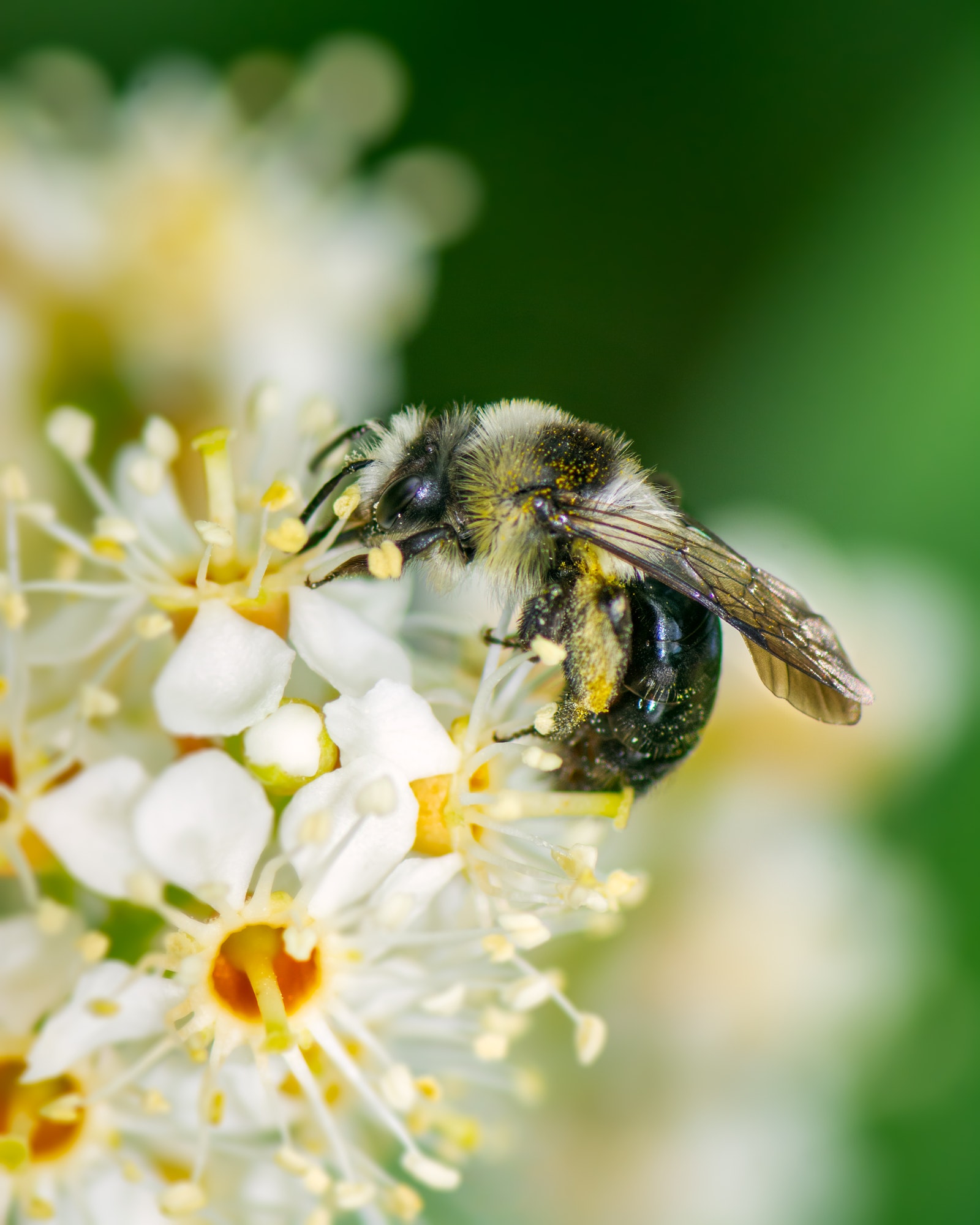
Research shows that one in three bites that humans eat has had a key role played in by bees pollinating it. That is an incredibly astounding importance and direct value of bees. This is the direct impact that bees have on the human experience, food production, agricultural sustenance, and the survival of plants. This alone would make bees invaluable, but their importance does not end here.
The work of bees is the impetus for the survival of ecosystems all around the world, producing the environment for the survival of wild animals.
The job that bees do can be described as vital and a job that tropical forests, savannas, woodlands, forests, and many other ecosystems depend upon to grow, thrive, and survive. In every single aspect of the ecosystem, bees serve a necessary part. There has been an alarming decline in the population of bees in recent years, which has revealed that out of the 100 crop species that make up the majority of the global food supply, an astonishing 71 species depend on bee pollination. The crops that are pollinated by bees make up 35% of global food production, totaling a $577 billion industry. A single bee colony can pollinate 250 million flowers in a single day.
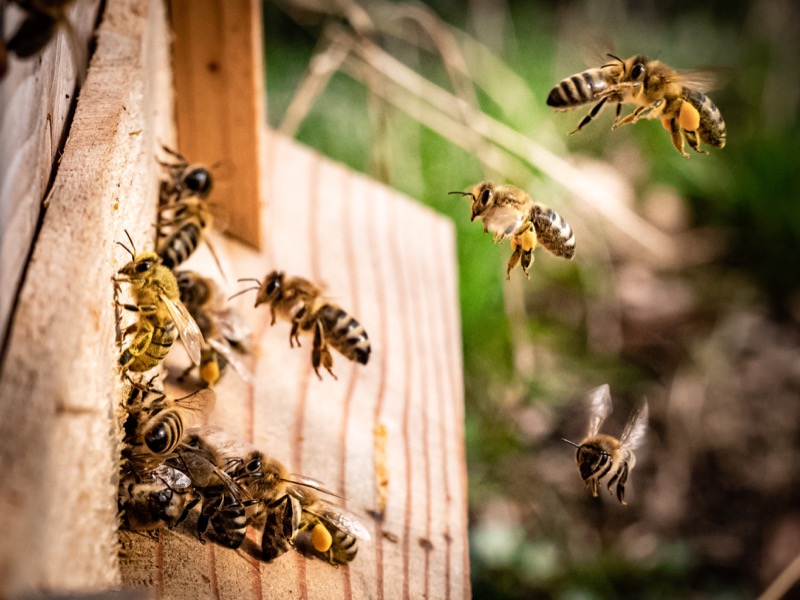
Bees support the growth of trees, flowers, and other plants, which serve as food and shelter for thousands of animal species, and they contribute to complex, interconnected ecosystems that allow a diverse number of different species to co-exist. Bees are the great mediator of the natural world. Food, economy, nature, sustenance, survival, and prosperity- these are all dependent upon the pollination that comes from bees. The production of honey, the pollination of crops, agriculture, and ecosystems, the sustenance of the global food supply, the survival of thousands of diverse species, habitats, and environments are able to continue on because of bees.
The natural value, economic worth, and necessity to survival of bees cannot be understated. Finally, in addition to all of these undeniable, statistical, and factual evidence that proves the reliance of this world on bees, bees also make this world beautiful. It is their love of flowers, flora, and plants that decorates the earth with splendor, and in every single way, without bees, the world would not be the same.
